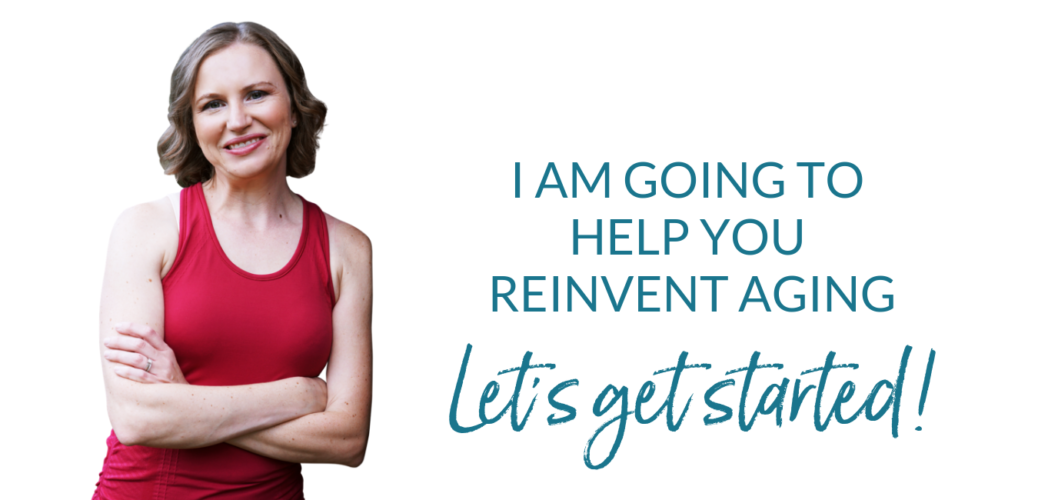One of the biggest concerns of adults in regards to their health is maintaining a healthy brain and mind! Have you experienced family members or friends who have suffered from dementia? This disease is particularly hard on families.
While there are many types of dementia, the month of November is known as Alzheimer’s Awareness Month. President Ronald Reagan made that designation in 1983 and it is something that is still recognized today. According to the Alzheimer’s Association, at that time there were less than two million people with the disease. Through the years, that number has grown to more than five million!
What is Alzheimer’s disease?
Alzheimer’s disease is a type of dementia that leads to memory, thinking, and behavior changes. It is the most common form of dementia, accounting for 60 to 80 percent of all cases. It is also the sixth leading cause of death in the United States.
Alzheimer’s disease gets worse over time.
There are experts who understand how to help you and your family member navigate the disease, such as my friend Mikki, gerontologist and president of Trovato Dementia Services.
Although those ages 65 and older are more likely to develop Alzheimer’s disease, there are thousands of others under the age of 65 who have early-onset Alzheimer’s.
At this time there are no drugs or treatments to cure Alzheimer’s disease. However, there are things you can do to protect your brain health now.
5 Evidence-Based Tips to Promote Brain Health
1. Eat a Mediterranean diet
Several studies over the past few years have indicated that a “Mediterranean diet” is associated with many positive health outcomes. In a large well-done randomized trial, a Mediterranean diet reduced cardiovascular disease in older adults and was also linked to maintaining better cognitive function.
2. Consider Brain Training Games or Learn a New Activity
Mentally challenging activities have been linked to brain health, and studies have found that older adults can improve certain cognitive abilities through brain-training programs. The research shows that learning a new activity is actually better and more challenging for your brain than working on puzzles or brain training programs. So it’s time to learn a new dance, language or hobby!
3. Address Risk Factors for Cardiovascular Disease
Cardiovascular disease includes cerebrovascular disease, which means brain health problems related to blood vessels in the brain. Reducing cardiovascular risk factors helps preserve good blood flow to the brain. This reduces the risk of a major stroke and may help prevent the smaller brain vessel blockages that cause vascular dementia.
The main cardiovascular risk factors to address are high blood pressure, high cholesterol, diabetes and pre-diabetes, smoking, obesity, and physical inactivity. Exercise is a safe and effective way to help treat most of these risk factors, but medications or other approaches may also be necessary.
4. Find Ways to Manage Stress
Chronic stress is an important quality of life issue. It also can change the brain and has been linked to changes in cognitive function. Find ways that help you that aren’t related to food! Read a book, go on a walk, journal it out
5. Stay Physically Active and Exercise Regularly!
Regular physical activity has been shown to benefit brain health as well as mood. Studies have found that exercise can help treat depression or anxiety, and is also linked to a lower risk of developing

